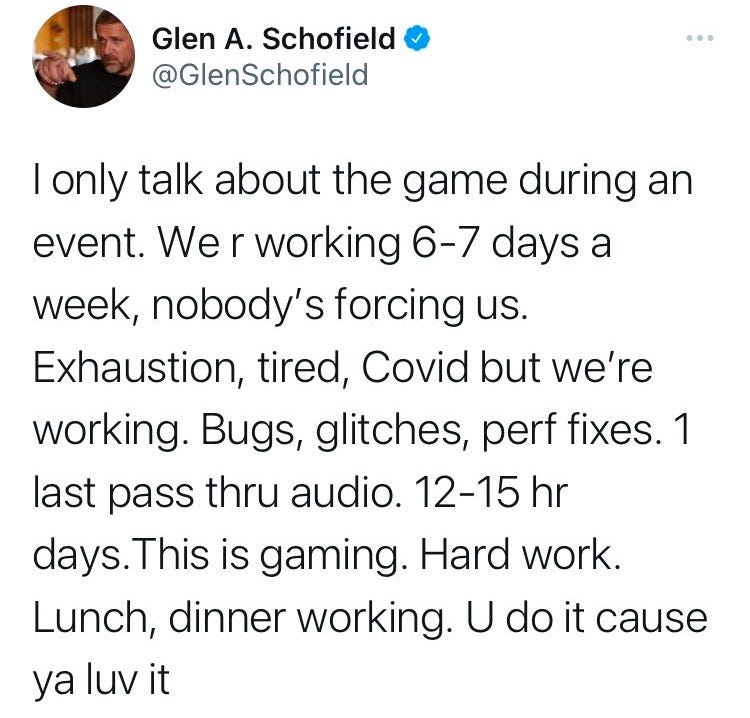[REDACTED] is a dazzling bande dessinée delivered by way of a rougelike remix of ... The Callisto Protocol?
Krafton's second tour of Black Iron Prison is virtually set on an entirely new planet, if not galaxy to its predecessor.
We all remember The Callisto Protocol, Glen Schofield’s spiritual continuation of his erstwhile stewardship of Dead Space, right? Not particularly? Well, improvise a chair from its brutalist detritus while I spin a short yarn on its tragic metanarrative. Conceived in the lineage of the PUBG timeline - yes, the sprawling universe of PlayerUnknown’s Battlegrounds - the game ostensibly grew greatly in scope throughout its development, in a manner increasingly incongruous with the biblical tapestry of the aforementioned battle royale. Diegetic canon notwithstanding, skepticism arose prior to its debut in December 2022 following a conspicuous message from Schofield:
The immediate implication from Schofield’s report is a lionisation of ‘crunch’ culture: a chronic ailment throughout the gaming industry that has caused a thorough evaluation of working climates within major studios. Subsequently, Schofield would apologise, though an interview conducted this year revealed Striking Distance Studio - the team behind the game - were denied an extra three-and-a-half months of development time to fully polish the game; “three or four enemies” and “two and a half bosses” were excised. From January of 2022, the team had eleven months to finish the game. Whether Striking Distance’s woes were internal or external, the ultimate product was a misguided, mediocre grotesquerie - the latter was perhaps its saving grace, illustrated through uniquely nasty death scenes. Though its atmosphere was suitably disquieting, combat encounters were torturous; their looming presence imbued the game with greater dread than its enemies.
In a kindred manner to its premise, The Callisto Protocol was left for dead upon arrival; the game debuted at a nominal number seventeen on the U.S. console sales chart. With respect to its PC rendition, gameplay was beset by crippling stuttering attributed to their implementation of Unreal Engine 4’s means of shader compilation. Critics, furthermore, universally characterised its crisis in concept: a lean, grizzly, interactive B-movie produced upon a Quadruple A budget of $160 million. Evidently, its principle failure was its inability to establish an identity of its own, instead settling upon prior laurels and a staid design philosophy closer in alignment to Dead Space’s generation than Resident Evil’s vital measures of survival-horror reanimation.
Striking Distance’s name had to be drawn from its inaugural title’s frequent, frustrating melee bouts.
After an obligatory DLC, the game was promptly stranded: Glen Schofield departed the studio in September 2023, the culmination of thirty-two layoffs made throughout the year. That [REDACTED], a markedly drastic diversion from The Callisto Protocol’s grim milieu, has emerged from the team’s apparent implosion is a minor miracle unto itself: a rare instance of a franchise with little cachet of its own allowing a quaint, novel title to come forth. Indeed, [REDACTED]’s prospective audience are not enticed by a material connection to an isolated title, nor the sadistic ambiguities of its central prison: the game is designed to court enthusiasts of isometric roguelikes, whose tastes may not necessarily align with the demographic taken to The Callisto Protocol’s unpleasant, fringe presentation.
Thus, the connection to its predecessor can be acknowledged as a curio, rather than a core tenet. [REDACTED]’s graphic, eclectic sketches are reminiscent of Hi-Fi Rush - curiously, now a Krafton property - adjusting the series’ sensibility to that of an anthology. Granted, the radical shift in both tone and scope is rather jarring at first - at least to those familiar with its origin. From a brief assessment, the game was produced upon a modest scale, ensuring a unity in theme throughout the team - in tandem with raised morale in the absence of corporate meddling. Consequently, Krafton’s incursions into its formative meetings would yield little scrutiny, due to its significantly reduced budget and, in turn, nominal risk of overestimation.
Regarding its reception, [REDACTED] has settled at a comfortable mean of 85 on Metacritic - an impressive improvement upon its predecessor’s score of 69. If the game grows in consumer estimation, it may represent a thorough shift in Krafton’s model of development: its monolith in PUBG can continue to provide a sustainable vein of revenue, whilst comparably smaller titles - pioneered by Subnautica 2 - court cult fascination that may burgeon into profitable niches. Rather than fostering shapeless propositions in the vein of The Callisto Protocol, the publisher can toy with the medium to affirm its dexterity. Imagine the suite of indie studios one could enlist for $160 million! However, for us customers, [REDACTED] can be uncovered for a light $24.99 - outrageous, cranium-crunching death scenes not included.






Stunning read. Loved your writing style. Very poetic and impactful